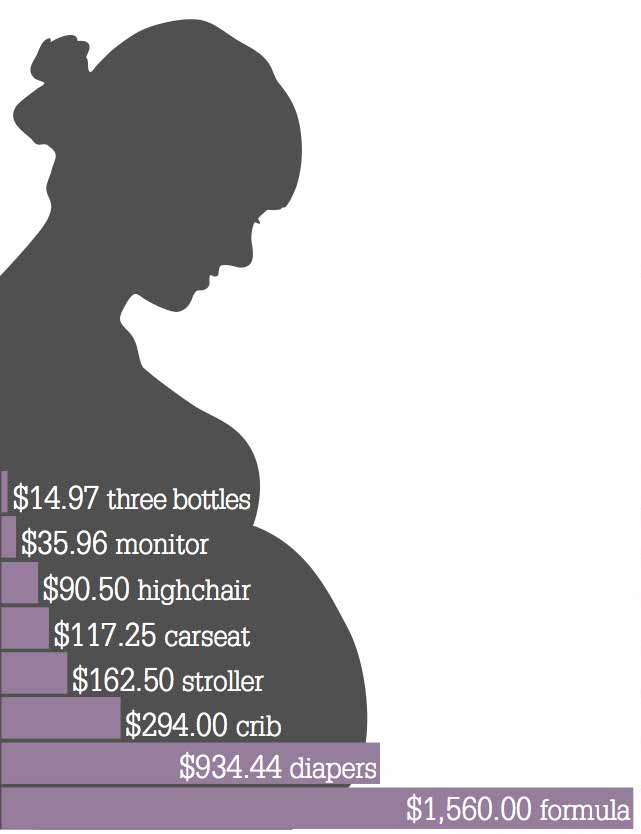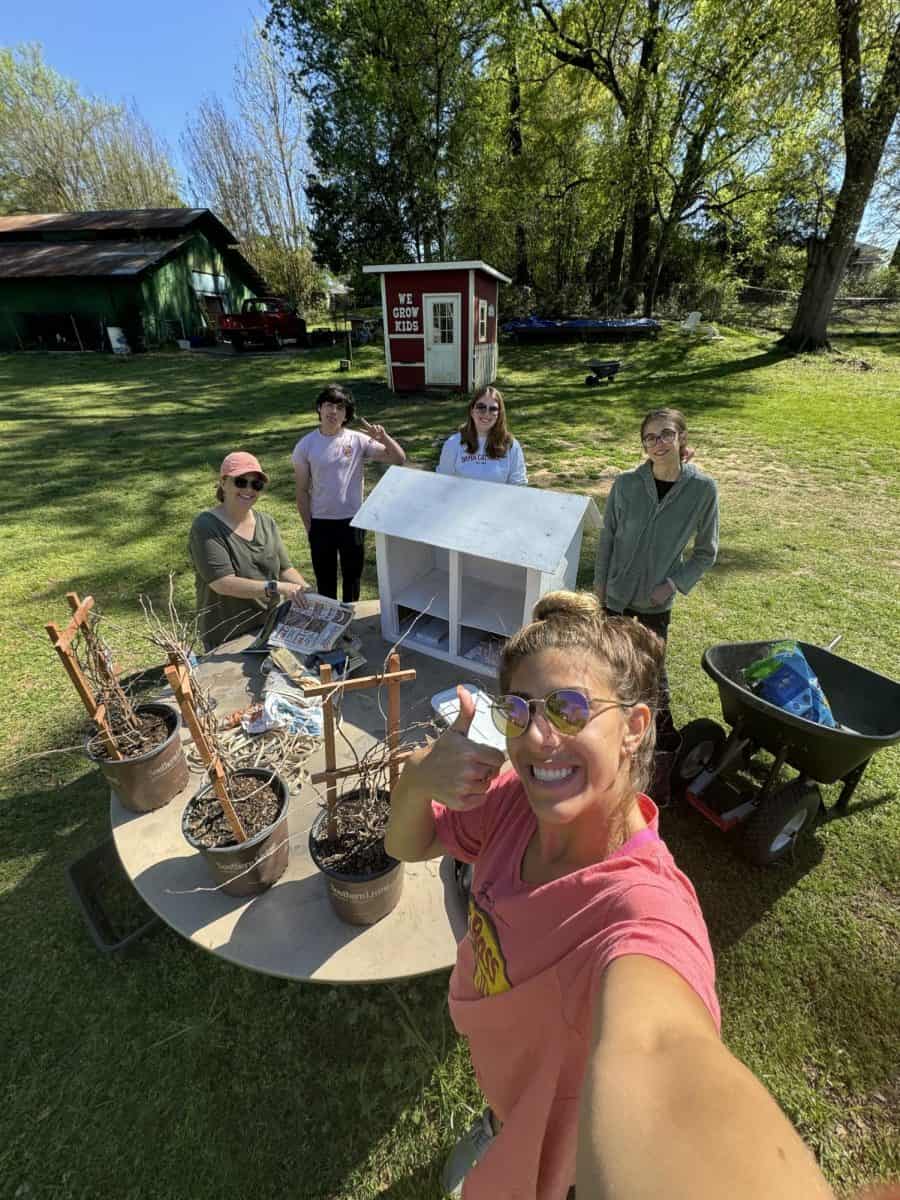Erin Hudnall was a sophomore at The University of Alabama set to study abroad in the Virgin Islands when she unexpectedly found out she was pregnant. She said her first reaction to her pregnancy was to find a number for an abortion clinic.
“I couldn’t tell my parents until I had figured out how I wanted to deal with the situation,” Hudnall said. “So I returned to Tuscaloosa to assess my options.”
With no knowledge of the support available on campus, Hudnall began to analyze her choices online and came across an adoption company in her hometown of Mobile, Ala. After careful deliberation, she chose to continue with her pregnancy and arrange for the baby to be adopted. Now, 10 months after the birth, she and the father have been able to visit their son and communicate regularly with his adoptive parents. She proudly shows off his most recent pictures.
“I’m very content with seeing my son with his adoptive parents,” Hudnall said. “It’s hard but easy at the same time because it’s such a blessing.”
Hudnall spent almost four months of her pregnancy in Tuscaloosa taking summer classes before moving home to Mobile to be closer to her family. Hudnall said her peers and professors were very supportive, and she maintained positive connections with the faculty at the University after; however, Hudnall made the decision to cut ties with student life at the University.
“I literally dropped off the face of the earth,” she said. “I dropped off Facebook and everything to deal with it.”
In her experience, Hudnall said she felt she couldn’t turn to the University for support. For pregnant students, she said the University was lacking options.
“It’s all about creating a community of pregnant students,” she said. “If they had special housing where you could be a pregnant community together, that’s a better option than not having anything at all. You need a support system.”
At the other end of the state, Auburn University has launched plans for a 2014 housing community exclusively for pregnant students. “Baby Steps” will offer a home where pregnant students can have their babies and continue their studies on campus. A mother can enter the house at any point and stay until her child is 12 months old.
Currently, no such program exists at the University. Two common resources for students, the Women’s Resource Center and the Student Health Center, leave students with few options. WRC Director Elle Shaaban-Magña said the center currently does not offer any programs specific to pregnant students.
“However, the WRC would certainly welcome opportunities to expand services consistent with our mission,” she said.
The SHC offers pregnancy testing and contraception for a fee that will be charged to the student’s insurance plan. For some students who are covered by their parents’ insurance plans, this may eliminate a discreet way of obtaining these resources.
The University runs both Graduate Parent Support and Undergraduate Parent Support programs, offering services such as free babysitting, one-on-one support, information about scholarships and family social events.
Cori Perdue, a Graduate School Programs director, works closely with pregnant and parent students. Currently, the University’s GPS program serves 510 graduate students and the UPS program serves close to 700 undergraduate students.
“Our GPS coordinator and myself meet individually with student parents to assist them with their needs and questions throughout the year,” she said.
When it came to student support, Hudnall said she didn’t know of any organizations at the time.
“I had to figure out what my comfort levels were and going to a random group on campus was the furthest thing from my mind,” she said.
Though Hudnall said she didn’t know of any student resources during her experience, campus groups have started to offer services to pregnant women and new mothers. Bama Students for Life works closely with the Pregnant on Campus initiative, offering legal advice, transportation, lactation rooms and diaper services for students.
“Pregnant and parenting students have unique needs,” Joanna Robinson, treasurer of Bama Students for Life, said. “For example, a common side effect during the first trimester of pregnancy is fatigue, so a young mother at the beginning of pregnancy may have different needs than other mothers. We hope to bring issues like this to light so that professors will be more sympathetic toward the needs of their pregnant students.”
Robinson said the Pregnant on Campus initiative also works to change campus culture to end the stigma surrounding pregnancy during college. She said the initiative provides free pregnancy tests.
Carrie Eckhardt, executive director of the Sav-A-Life Pregnancy Test Clinic, said students who become pregnant often don’t know where to turn.
“Being pregnant without options is like being an animal caught in a cage,” Eckhardt said. “You’d be willing to gnaw your own arm off to escape.”
Eckhardt was just 16 when she found out she was pregnant. Too afraid to tell her parents or seek out her options, she said she thought herself fortunate when she had a miscarriage; however, the pregnancy turned out to be an ectopic, a condition where a pregnancy occurs outside of the womb and can be fatal to women.
“When we’re young we think we’re invincible,” Eckhardt said. “So at 16, you can’t really comprehend that sort of situation. But students need to know that there are options.”
The Sav-A-Life clinic is located on University Boulevard and offers free pregnancy testing and counseling.
“This is not just a one-time thing,” Eckhardt said. “We’re here for pregnant women, whatever their needs.”







